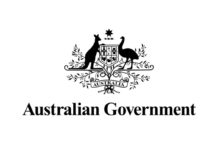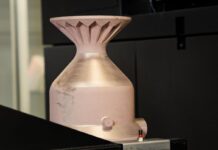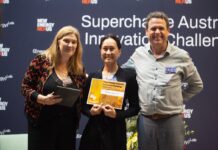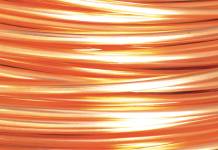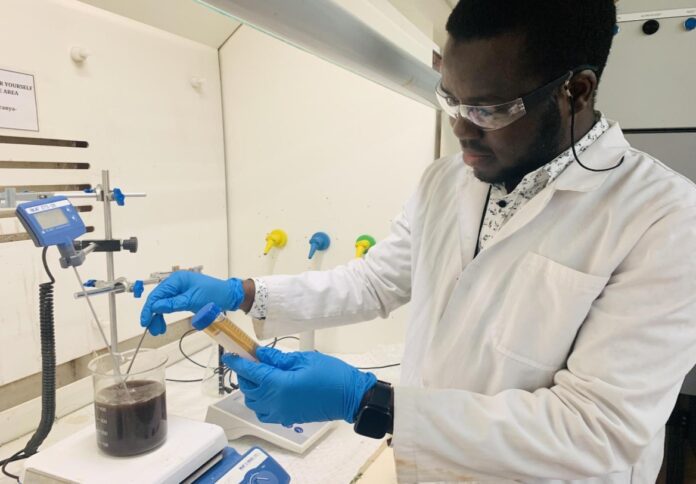
A team of engineers led by RMIT University in collaboration with South East Water and Manipal University in India has developed a cost-effective and environmentally friendly way to remove heavy metals, including copper and zinc, from biosolids.
The team’s technique improves other heavy-metal removal processes by reusing the acidic liquid waste generated during the recovery stage as opposed to simply discarding it, as revealed in a news release.
According to lead senior researcher Professor Kalpit Shah of RMIT, the method can be used to extract important metals like copper and zinc from biosolids, or treated sewage sludge.
“Our innovation helps ensure the resulting biosolids do not leach heavy metals into the environment and retain the nutrients that can be used for land applications,” said Shah, who is also the deputy director (Academic) of the ARC-funded Training Centre for the Transformation of Australia’s Biosolids Resources in the School of Engineering.
Shah also explained that biosolids can be converted into high-grade biochar, which is a renewable energy resource with a variety of applications, including as a fertiliser, with further processing.
Meanwhile, RMIT PhD researcher Ibrahim Hakeem said that biosolids can contain numerous metals bound within organic matter, making purification and metal recovery difficult.
“We devised an approach where we were able to recover the metals one by one and did so with a closed-loop solution that causes least harm to the environment,” said Hakeem.
Dr Abhishek Sharma, a co-author from Manipal University, stated that this work was important for boosting the overall efficiency of the process during biosolids conversion to biochar via pyrolysis.
Now, the team hopes to collaborate with water authorities on heavy-metal removal prior to pyrolysis, which Shah described as “a process that uses heat to break down organic materials into valuable products and occurs without oxygen to prevent the materials from burning.”
Dr David Bergmann, South East Water’s R&D manager, underscored the importance of the transition to a circular economy for the water industry.
“We have previously seen our sludge as waste, but now through research like this we are able to see that it’s possible to clean it up and convert it into potential materials with value and further applications,” Bergmann remarked.
The team’s innovation, according to Shah, might be applied to other waste streams such as stormwater lagoon sludge and mine tailings.
‘’We are planning to work with South East Water to do a techno-economic analysis which will hopefully lead to pilot-trialling,” Shah said.
The professor added, “We’re also keen to work with companies who manage stormwater lagoons as well as mine tailings. The next step of engagement with them could be testing their samples in our lab followed by the pilot-trialling.’’
The research, titled, “Investigations into the closed-loop hydrometallurgical process for heavy metals removal and recovery from biosolids via mild acid pre-treatment,” is published in the international journal Hydrometallurgy.
Co-authors are Ibrahim Hakeem, Pobitra Halder, Shefali Aktar, Mojtaba Hedayati Marzbali, Abhishek Sharma, Aravind Surapaneni, Graeme Short, Jorge Paz-Ferreiro and Kalpit Shah.


